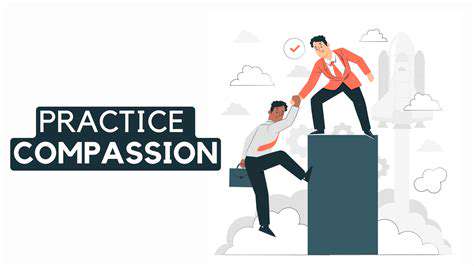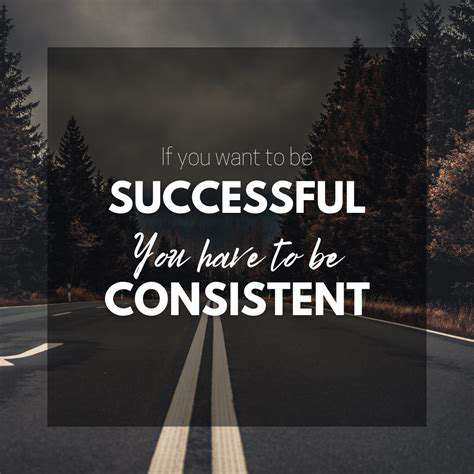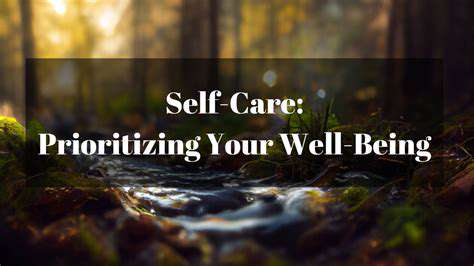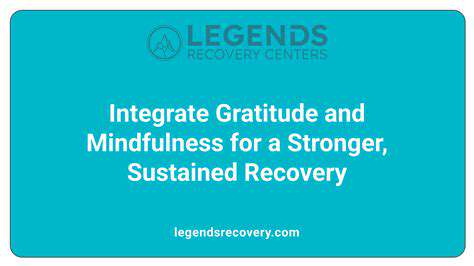Best Habits for Improving Your Relationships
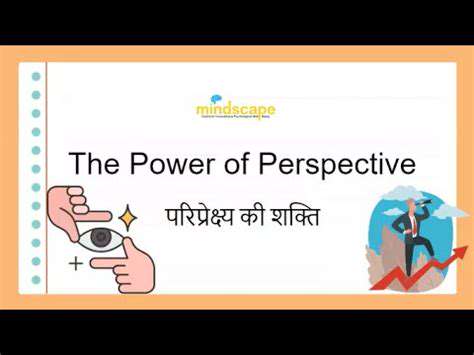
Understanding the Spectrum of Empathy
Empathy, the ability to understand and share the feelings of another, is a complex and multifaceted trait. It's not simply about feeling sorry for someone; it's about actively trying to see the world from their perspective, recognizing and acknowledging their emotions. This involves more than just recognizing that someone is sad or happy; it encompasses the nuances of their feelings, the underlying causes, and the potential impact their situation has on their overall well-being. Developing empathy involves a conscious effort to step outside of your own experiences and perspective. This process requires active listening, mindful observation, and a willingness to consider different viewpoints. It's a crucial skill for building strong relationships and navigating the complexities of human interaction.
There's a spectrum of empathy, ranging from the basic ability to recognize emotions in others to the more profound capacity to truly experience and share another person's feelings. While some individuals naturally possess a higher degree of empathy, it's a skill that can be cultivated and strengthened through practice and self-reflection. Understanding this spectrum allows us to acknowledge the different levels of empathy present in ourselves and others, fostering a more nuanced and compassionate approach to human connection.
The Role of Empathy in Communication and Connection
Empathy is fundamental to effective communication. When we approach conversations with empathy, we're not just listening to the words being spoken, but we're actively trying to understand the underlying emotions and motivations driving those words. This leads to deeper understanding and more meaningful connections. This includes recognizing the emotional context behind the message, being mindful of nonverbal cues, and responding in a way that validates and acknowledges the other person's feelings.
Empathetic communication fosters trust and strengthens relationships. When individuals feel understood and validated, they are more likely to open up, share their thoughts and feelings, and build stronger bonds with those around them. This is crucial in various aspects of life, from personal relationships to professional collaborations, and even in resolving conflicts. Empathy acts as a bridge between individuals, enabling them to connect on a deeper level.
Empathy also plays a critical role in conflict resolution. By understanding the other person's perspective and feelings, we can approach disagreements with more sensitivity and find solutions that address the needs of all parties involved. This is essential in navigating disagreements constructively and finding common ground.
Cultivating Empathy: Strategies for Growth
Cultivating empathy is a journey, not a destination. It requires consistent effort and a willingness to learn and grow. One key strategy is to actively listen to others, paying attention not just to their words but also to their body language and tone of voice. Actively seeking to understand the other person's perspective, even if it differs from your own, is crucial to developing empathy.
Engaging in activities that expose you to different cultures and perspectives can broaden your understanding of the human experience, allowing you to develop a deeper sense of empathy. Reading books, watching films, or interacting with people from diverse backgrounds can offer valuable insights into the lives and experiences of others.
Practicing mindfulness and self-reflection can also significantly contribute to empathy development. By understanding your own emotions and motivations, you gain a greater capacity to recognize and understand the emotions of others. This self-awareness forms the foundation for empathetic responses.
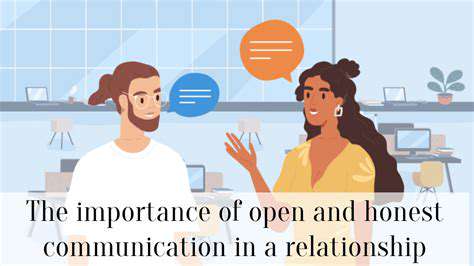
Forgiveness and Letting Go: Moving Forward
Understanding the Importance of Forgiveness
Forgiveness is a crucial element in fostering healthy relationships. Holding onto resentment and anger towards others, whether family, friends, or partners, can create a toxic environment. It can poison your thoughts, emotions, and actions, hindering your ability to move forward and build positive connections. Learning to forgive, recognizing the impact it has on your well-being, and understanding that it's not about condoning harmful behavior, but rather about releasing yourself from the burden of negativity is a powerful step towards a healthier and more fulfilling life. It empowers you to focus your energy on the present and future rather than dwelling on the past.
Forgiveness isn't about forgetting; it's about choosing to release the pain and anger associated with past hurts. It's a conscious decision to move beyond the negativity and create space for healing and growth, allowing you to find peace and restore a sense of harmony in your relationships. This process of letting go allows you to focus on the present and future, building stronger connections, and improving the quality of your relationships.
Recognizing the Impact of Holding Grudges
Holding onto grudges can significantly impact your physical and mental well-being. Chronic stress and anxiety can result from the constant replaying of negative experiences and the associated emotions. This can manifest in various ways, from insomnia and digestive problems to heightened blood pressure and weakened immune systems. Continuously dwelling on past hurts isolates you emotionally and prevents you from fully engaging in present-day experiences, hindering your ability to build meaningful connections and enjoy life's pleasures.
Identifying the Root Causes of Your Hurt
Understanding the root causes of your hurt is a critical step towards forgiveness. Exploring the underlying reasons behind your anger and resentment can provide valuable insights into the patterns and triggers that contribute to your emotional responses. This self-reflection can help you identify any personal vulnerabilities or past experiences that may have influenced your perception of the situation. Recognizing these roots can pave the way for healing and a more compassionate understanding of yourself and others involved.
Developing Strategies for Letting Go
Cultivating healthy strategies for letting go involves conscious effort and practice. Techniques like mindfulness meditation, journaling, or engaging in activities that bring you joy can help shift your focus away from the negativity associated with past hurts. Engaging in these practices can help reduce stress, increase self-awareness, and create a sense of calm and emotional well-being, supporting the process of releasing resentments and moving forward.
Practicing Empathy and Compassion
Developing empathy and compassion for yourself and others is essential for forgiveness and letting go. Trying to understand the other person's perspective, even if you don't agree with their actions, can help you see the situation from a more nuanced viewpoint. Practicing compassion towards yourself during this process is equally important, as it allows you to acknowledge and accept the emotions you're experiencing without judgment. This allows you to foster a more positive and understanding relationship with yourself and others.
Building Healthy Boundaries
Establishing healthy boundaries is a vital component of moving forward after an experience of hurt or conflict. Clearly defining what you will and won't accept in future interactions can help you prevent similar situations from arising again. Setting appropriate boundaries is crucial for maintaining your emotional well-being and protecting your personal space, which is essential for nurturing healthy relationships. This allows you to create a healthier environment where you feel safe and respected, paving the way for more positive interactions and fulfilling connections with others.
Seeking Support and Professional Guidance
Sometimes, navigating the process of forgiveness and letting go can be challenging. Seeking support from friends, family, or a therapist can provide invaluable guidance and perspective. A therapist can offer tools and techniques to help you process difficult emotions and develop coping mechanisms for future situations. Seeking professional help can provide a safe and supportive space for you to work through the complexities of forgiveness and move toward a healthier and more fulfilling life. This support can significantly enhance your overall well-being and improve your relationships with others.
Read more about Best Habits for Improving Your Relationships
Hot Recommendations
-
*Guide to Managing Gout Through Diet
-
*Best Habits for Financial Well being
-
*How to Build a Routine for Better Mental Health
-
*How to Eat Healthy on a Budget [Tips & Meal Ideas]
-
*Guide to Practicing Self Acceptance
-
*How to Incorporate More Movement Into Your Day
-
*Guide to Managing Chronic Pain Naturally
-
*Guide to Building a Reading Habit for Well being
-
*Top 5 Weight Loss Supplements That Actually Work
-
*Best Exercises for Postpartum Recovery [Beyond Abdominal Work]
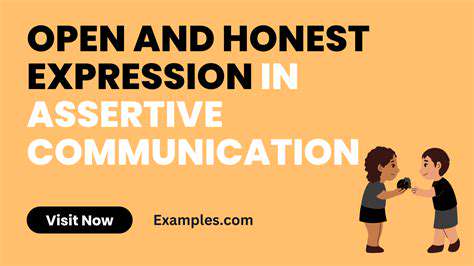
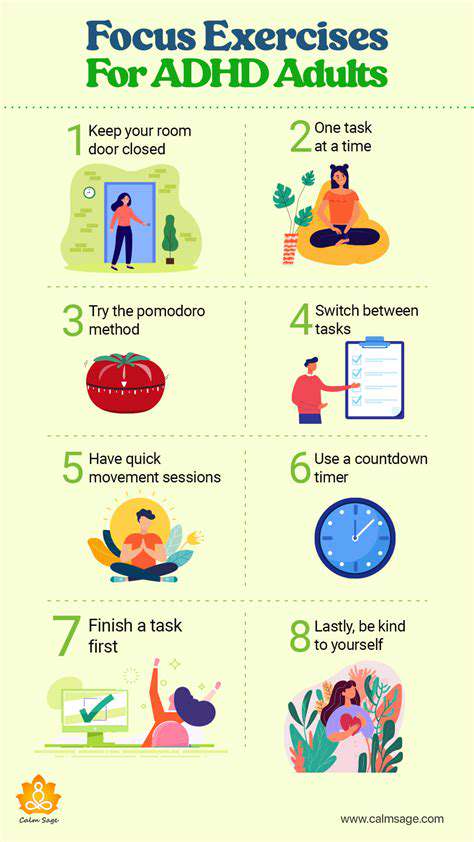
![Best Books on Mental Health and Well being [Recommended Reads]](/static/images/26/2025-05/CultivatingSelf-CompassionandPositiveSelf-Talk.jpg)



![How to Improve Your Pull Up Strength [Beginner to Advanced]](/static/images/26/2025-06/NutritionandRecovery3AEssentialComponents.jpg)
